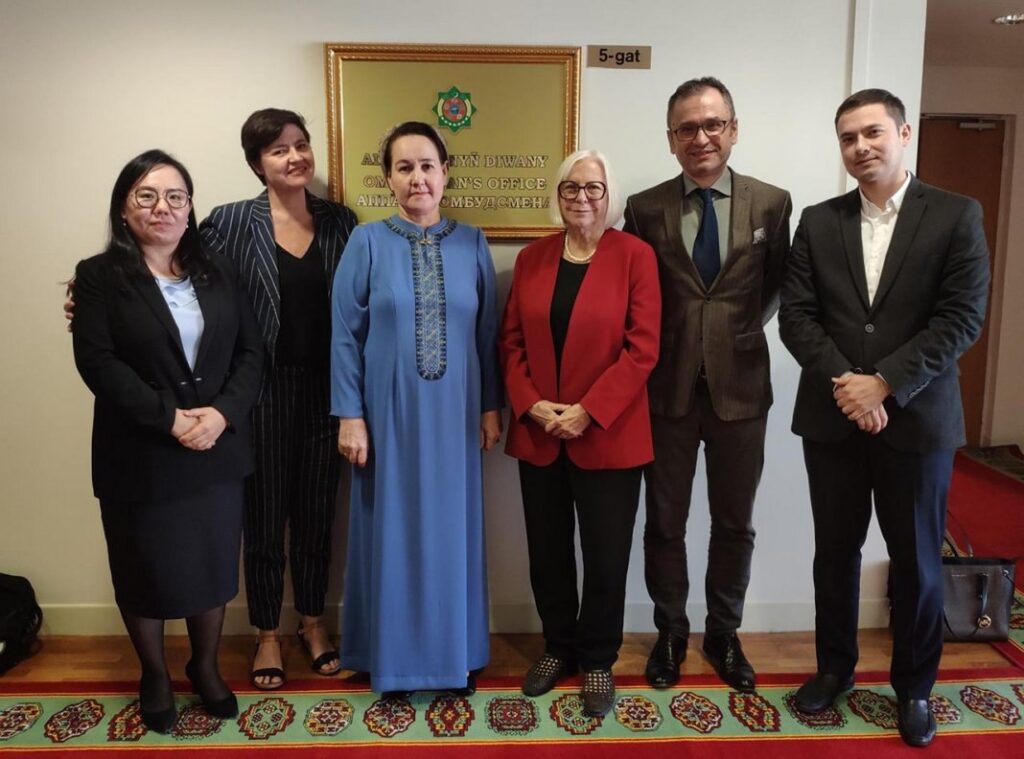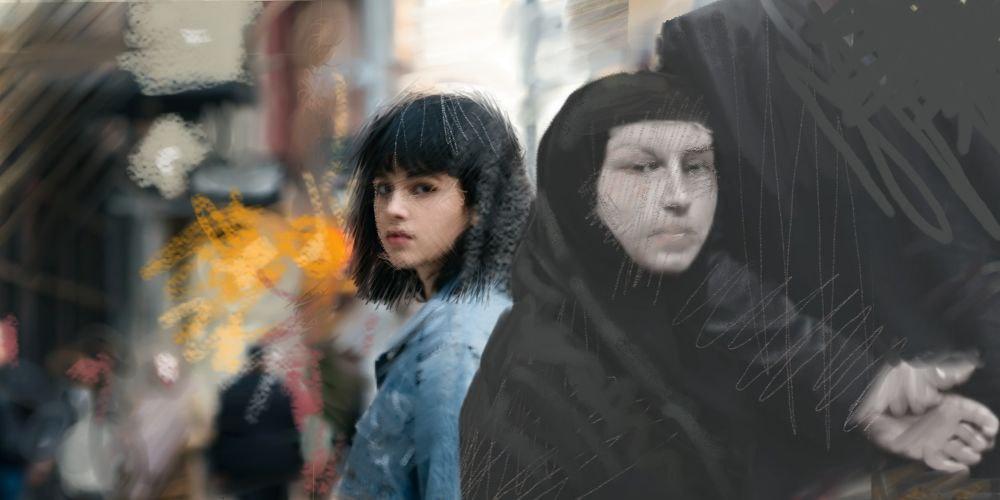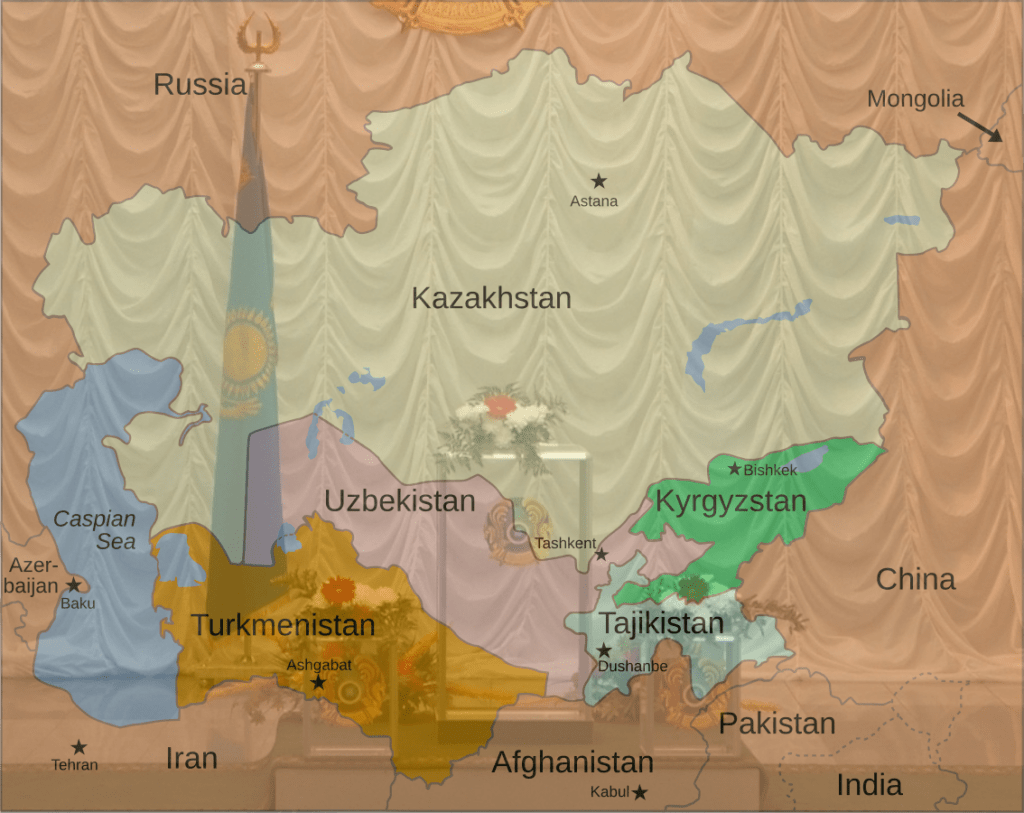Tokayev on Kazakhstan’s Future: Reforms, Diplomacy, and Global Leadership
In an interview with the Kazakh newspaper Ana Tili, President Kassym-Jomart Tokayev discussed pressing domestic and international policy issues shaping Kazakhstan's development. Tokayev highlighted Kazakhstan’s role as a stabilizing force in the international arena during a time of heightened geopolitical tensions. “My main goal is to strengthen the economic potential, sovereignty, and international position of our state. From the very beginning of my presidency, I have taken full responsibility for the decisions I make and their consequences. I cannot and do not want to work any other way,” Tokayev stated. [caption id="attachment_27253" align="aligncenter" width="750"] Image: Akorda[/caption] Reflecting on Qantar - Building a Just Kazakhstan Tokayev addressed the January 2022 unrest - Qantar - describing the upheaval as a consequence of deep-rooted social injustice and political stagnation. “Three years after Qantar, most of our citizens understand that the unprecedented unrest was driven by social inequality, political stagnation, and the self-serving ambitions of the conspirators,” Tokayev said, warning against the spread of misinformation surrounding the events and emphasized that decisive action was necessary to preserve Kazakhstan’s sovereignty. Tokayev reiterated his commitment to creating a fairer Kazakhstan where all citizens are equal before the law. “Justice is not universal equalization. My course on the fair distribution of national wealth does not mean total expropriation or redistribution of property and assets. Such a policy would lead to degradation and chaos. Instead, we aim to eliminate illegal privileges and return unlawfully acquired assets to the state as part of our modernization strategy,” the president said. Relations with Nazarbayev While acknowledging the achievements of Nursultan Nazarbayev, Kazakhstan’s first president, Tokayev also critiqued certain aspects of his leadership. “After resigning but remaining chairman of the Security Council, he often held meetings with key officials, creating confusion and sparking rumors of dual power. This situation led some to claim that the Elbasy Institute should supersede presidential authority,” Tokayev noted. He further revealed that Nazarbayev had considered returning to power in 2021, citing his strong ties to Moscow. Advancing Political Reforms and International Relations Tokayev pointed to the successful implementation of key political reforms, emphasizing greater openness and the activation of public participation. “The concept of ‘Strong President, Influential Parliament, Accountable Government’ best suits Kazakhstan’s political system. However, achieving this fully requires sustained effort,” Tokayev explained, reaffirming his belief that a presidential system remains the optimal governance model for Kazakhstan. Tokayev also elaborated on relations with major powers, including Russia, China, and the United States, underscoring the importance of Kazakhstan’s partnership with Russia, highlighting their shared border and deep economic ties. “President Putin is an experienced statesman who values Kazakhstan’s strategic importance as Central Asia’s largest economy. Our constant communication fosters stability in Eurasia,” Tokayev said. He described Kazakhstan’s cooperation with China as dynamic and multifaceted, elevating their relationship to the level of an "eternal strategic partnership." Tokayev also mentioned his conversation with U.S. President-elect Donald Trump, noting Trump’s positive view of Kazakhstan as a strategic partner. Nuclear Power Plans, Middle Powers and Global Stability On nuclear energy, Tokayev...






